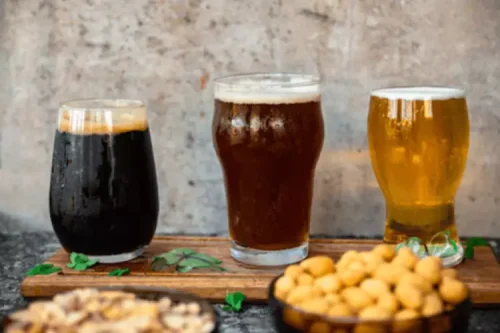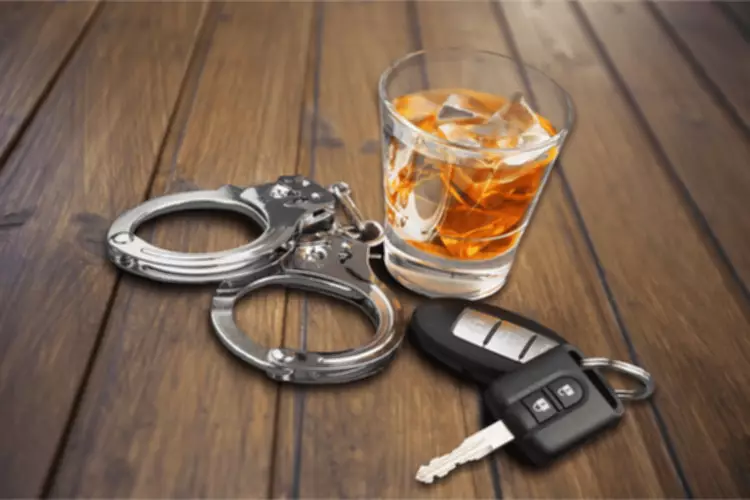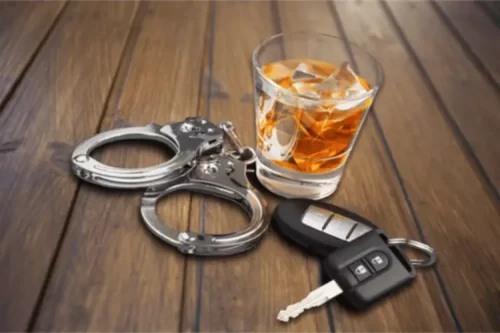
A recent research survey reported that the average tipping point – the point at which people go on to make poor choices with food and alcohol – is 9.3 units of alcohol. This is equivalent to only 3.7 pints of beer or 3.1 large glasses of wine. When people discuss alcohol’s effect on weight, they typically refer to the calories in alcohol as the leading cause of weight gain. But if you drink heavily like that every night or even multiple times per night, you may find that weight gain sticks around, even when you’re not drinking or recovering from drinking. Those extra numbers on the scale are likely a result of bloat, water retention, and a digestive system that’s not firing on all cylinders.
Health conditions that cause weight gain
And it’s always important to consume alcohol in moderation, no matter what type you’re drinking. If you’re generally healthy, you certainly don’t have to ― although you’d be hard-pressed to find a health expert who will suggest you drink alcohol to improve your health. This is because alcohol affects the body’s ability to absorb and process nutrients, which can lead to inadequate intake of essential vitamins and minerals. A lack of sleep, or poor quality of sleep, increases your appetite and cravings for junk food rich in refined carbohydrates and decreases your energy expenditure on the following day. Drinking alcohol close to bedtime is initially a sleep aid; this is where the idea of ‘a drink before bed’ came from.
Avoid Sugary Drinks
Even those who are usually conscious of their diet struggle to resist the urge to eat when intoxicated. Staying nourished can help you make sound choices when enjoying an alcoholic beverage. Also, many people add soda, flavorings, and other products to their drinks. Some of these ingredients can be high in added sugars and calories, so they could contribute to a calorie excess. Still, the amount, frequency, and type of alcohol you consume, as well as other factors, may all determine whether you gain weight.
When Should You See a Doctor to Lose Weight?

Harmony Treatment and Wellness employs caring medical personnel who deliver these services with compassion and expertise. We are dedicated to providing clients with the knowledge and support they need to get sober and enjoy long-lasting wellness. Excess alcohol consumption also impairs the liver’s capacity to metabolize and store fats and carbs. This Drug rehabilitation reduces digestive secretions and food movement through the gastrointestinal system.
May is Mental Health Awareness Month
Leptin is our primary satiety hormone, which helps us feel full and satisfied after eating. You might recognize GLP-1 as the “Ozempic hormone,” another one that regulates appetite and digestion and can help with weight loss when elevated. In the cohort studies, the researchers found no significant association between people who drank alcohol and weight gain, regardless of how much they drank.

How many alcoholic drinks can I have a week without increasing my cancer risk?

Now, not all Americans who drink alcohol are obese, and not all obese Americans drink. Naimi served on an advisory committee that wanted to lower the U.S. recommendation for men to one drink per day. That advice was considered and rejected when the federal recommendations came out in 2020. Guidelines vary a lot from country to country but the overall trend is toward drinking less. According to Murthy’s advisory, there are about 100,000 alcohol-related cancer cases and about 20,000 alcohol-related cancer deaths annually in the United States. Thousands of U.S. deaths per year could be prevented if people followed the government’s dietary guidelines, Naimi said.
- Sleep deprivation, whether from lack of sleep or impaired sleep, can lead to an imbalance in the hormones related to hunger, satiety, and energy storage.
- However, increased energy intake from alcoholic beverages is not the main reason excessive alcohol results in weight gain.
- The more you drink, the more you wake up to increasingly unstable moods and stress, leading you to drink (and eat) more.
- Opt for low-calorie options like light beer, and skip mixed drinks with a lot of liqueur, juice, and syrup.
- Sure, alcohol contains empty calories, but how your body metabolizes it, your food choices, and the sleep you get to make the most significant impact.
Does cutting back on alcohol decrease cancer risk?
- Compared ounce for ounce, alcoholic drinks’ calorie count will vary.
- If you’re determined to improve your health and lose some weight, one of the most effective things you can do is cut out binge drinking.
- Cortisol redistributes fat tissue to your abdominal region and increases cravings for high-calorie foods.
- Drinks that have mixers, such as fruit juice or soda, contain even more calories.
So it’s important to monitor your alcohol consumption as part of a balanced diet, regardless of whether or not you’re managing your weight. Over time, alcohol may make you gain weight if you drink it in excess. Heavy drinking may activate hormones that signal appetite, hunger, and stress. Alcohol is also high in calories but lacks nutrients supporting good health.
How alcohol affects your weight loss
Here is a detailed overview of treatment and recovery options, including their effectiveness and practical advice for those seeking help. Now if you’ve ever read anything I’ve written here, you’ll https://ecosoberhouse.com/ know that I don’t think moderation works for most people. You could blame your ancestors for this as they needed a way to store energy if they didn’t always have food.

While Michalczyk is aware of potential health benefits related to red wine, she believes the real benefits of alcohol have more to do with the enjoyment that can come does all alcohol make you gain weight from it. What we do know for sure is that you want to avoid heavy alcohol consumption. When you decide to quit alcohol, your body undergoes positive changes.
Butternut Squash Glycemic Index: Nutrition Facts, Weight Loss, Health Benefits
When you mix drinks with sugary sodas or juices, those calorie counts can soar. The amount you drink matters too—more drinks mean more calories, which can add up to temporary weight gain. To flush out this water weight, cut the carbs down to 50g the day after drinking. Also use intermittent fasting combined with C8-MCTs to promote additional fat-burning. The worst alcohol you can drink is anything that contains sugar.

